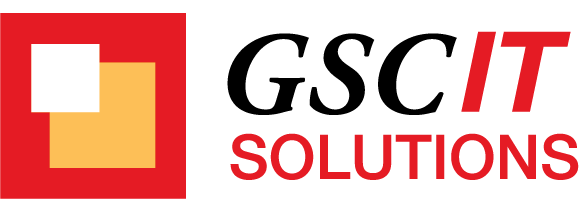- A Granite State Communications Company
Firewalls (Software-Hardware-Cloud)
Firewalls are an essential part of any robust security architecture, and a requirement for businesses of any size. A firewall is traditionally the first layer of defense to insulate your network, and critical business data, from being put at risk.
In today’s computing environment it’s critical to deploy the proper solution that protects against unauthorized access, along with the latest threats. To be capable of correctly identifying and mitigating such potential threats a company has to be ready with the proper security protocols and tools to do the job.
Network traffic must be closely monitored and inspected for a multitude of viruses, and be able to defend against the most current threats. Firewalls are no longer just a single physical appliance sitting at the edge of your network, but can now be deployed in both physical and virtual iterations to support cloud deployments.
GSC IT Solutions can show you how to better secure your networking environment and manage all your security requirements.
Software Firewall
Software firewalls are most commonly installed on personal computers or computers with light network use. They will block known malware, trojans, viruses, and other dangerous activity. Unfortunately, data packets are allowed to pass through your network switch and router before the software can scan it. By that time, malicious software could already be on your hard drive. This is not the ideal solution for a company protecting a lot of sensitive data.
Hardware Firewall
Hardware firewalls are installed on the egress of your network usually connecting to your ISP or WAN provider so that they can scan every single data packet coming from the Internet. They use “intelligent” functions to detect and recognize unknown or new viruses and malware by analyzing huge datasets and identifying irregular activity. Hardware firewalls are designed as “turn-key” systems that have pre-installed software, and once set up, can provide 24/7 protection.
Cloud Firewall
Cloud firewalls are somewhat of a hybrid between software and hardware with the added benefit of low-cost maintenance. Hardware is installed on your network, but the firewall itself is managed remotely by the cyber security professionals of the vendor you choose. All of your updates can be handled off-site automatically, and you can easily scale your systems to meet the demands of a growing company.
Next-Generation Firewall (NGFW) Capabilites
- Intrusion Detection and Prevention
- Zero Day Threat Prevention – Sandboxing
- Deep packet inspection (DPI)
- Packet & Content Filtering
- Integration with other security solution
- Bandwidth control and monitoring
- Virtual Private Networking (VPN)


